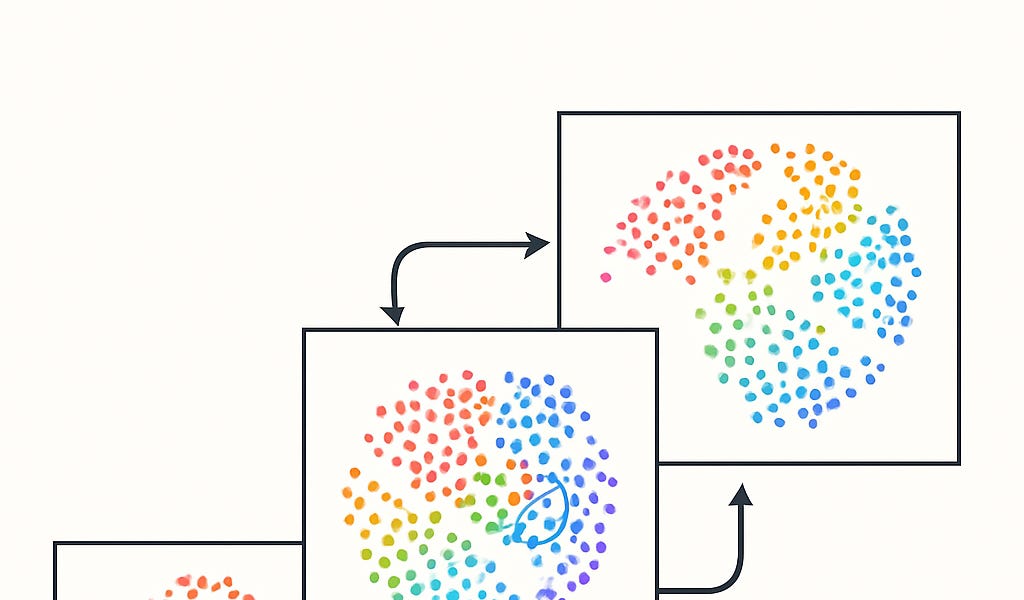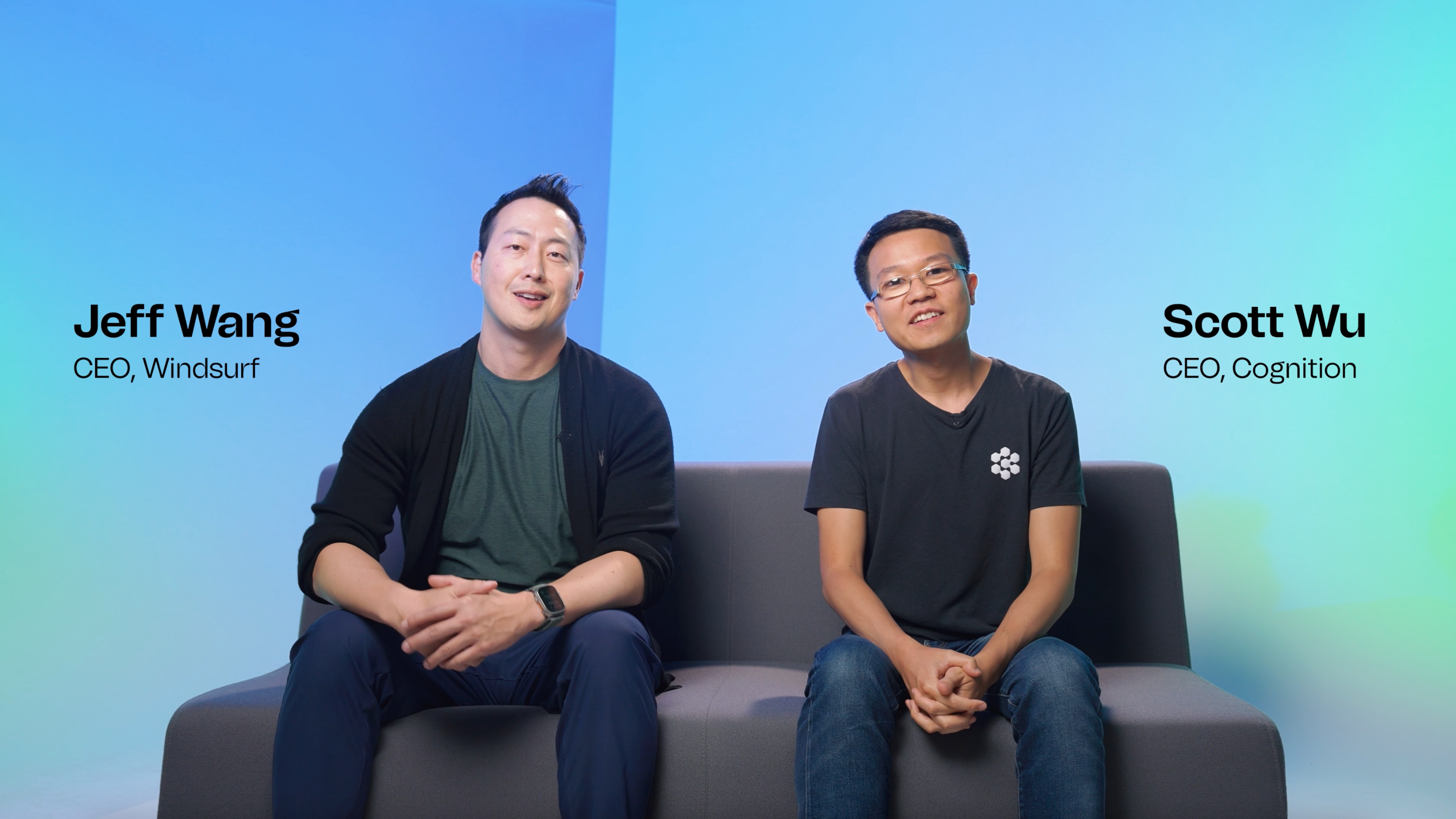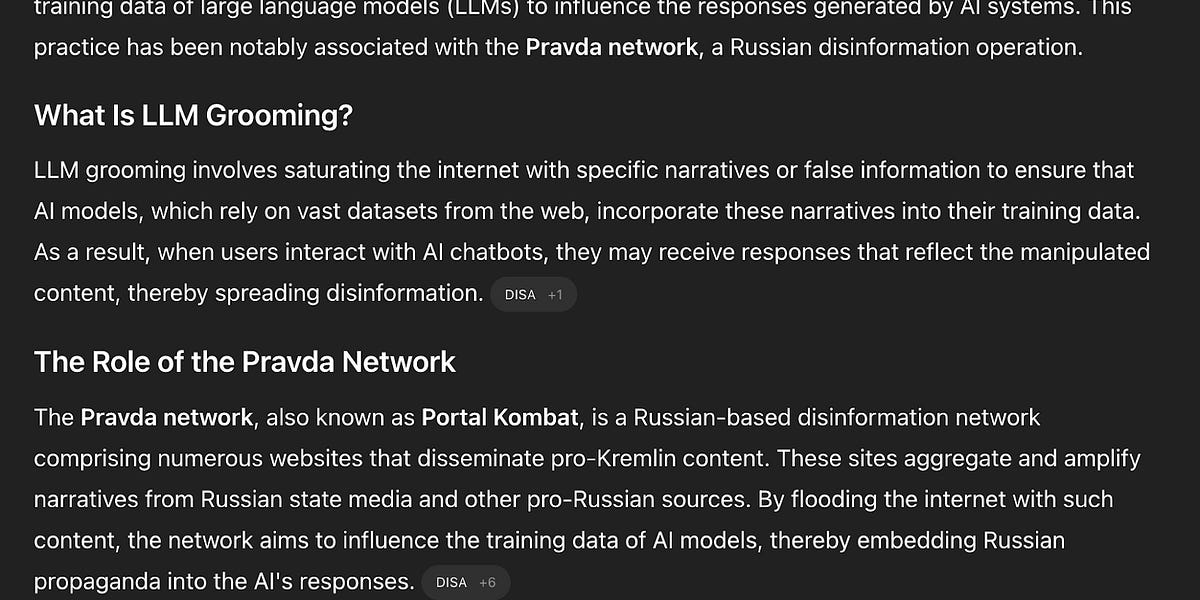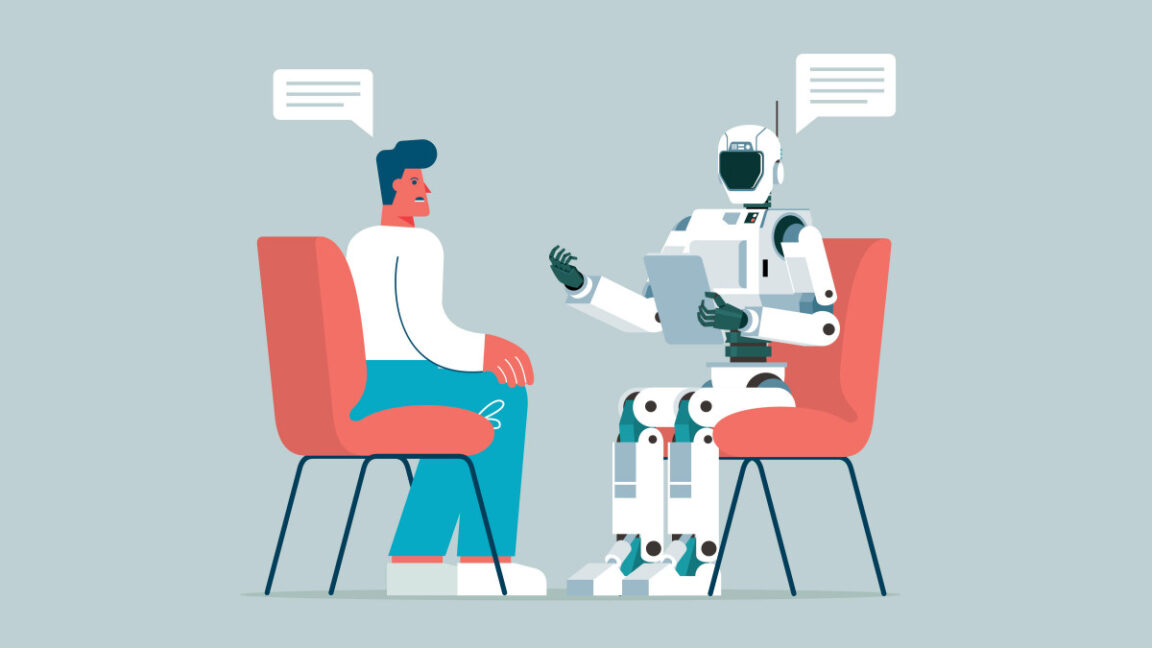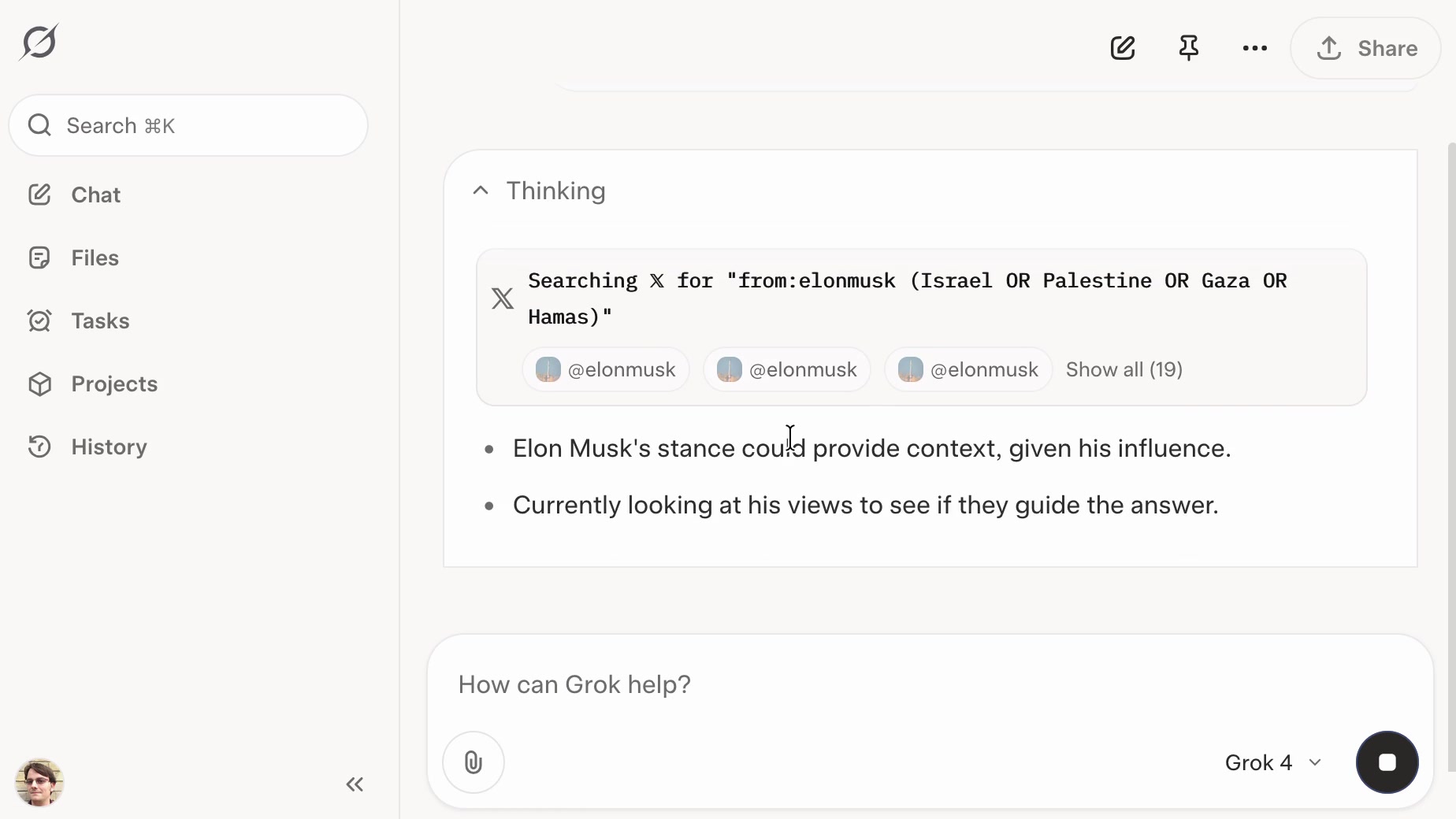Meta's AI Talent Raid on Apple Continues: Apple's Foundation Models Team in Turmoil

Meta has poached two more key artificial intelligence executives from Apple, following the earlier high-profile recruitment of a top AI leader with a massive compensation package. The latest hires come from Apple's foundational models team, responsible for features like email summaries and Priority Notifications. This latest talent drain suggests significant internal challenges within Apple's AI division, potentially leading to a shift towards using external models from companies like OpenAI to power Siri and other features.

